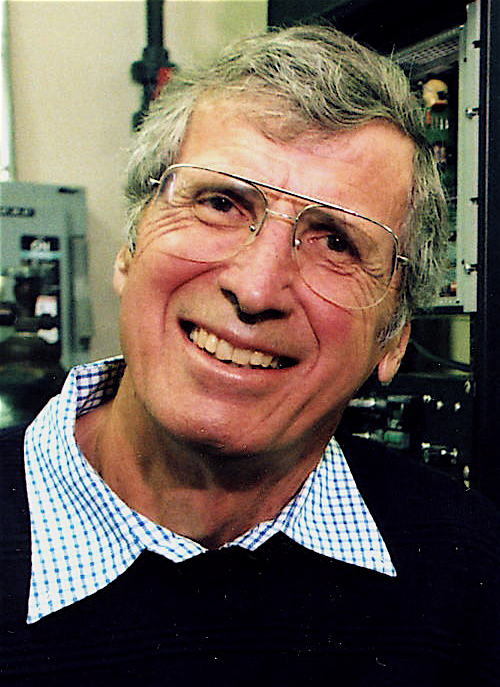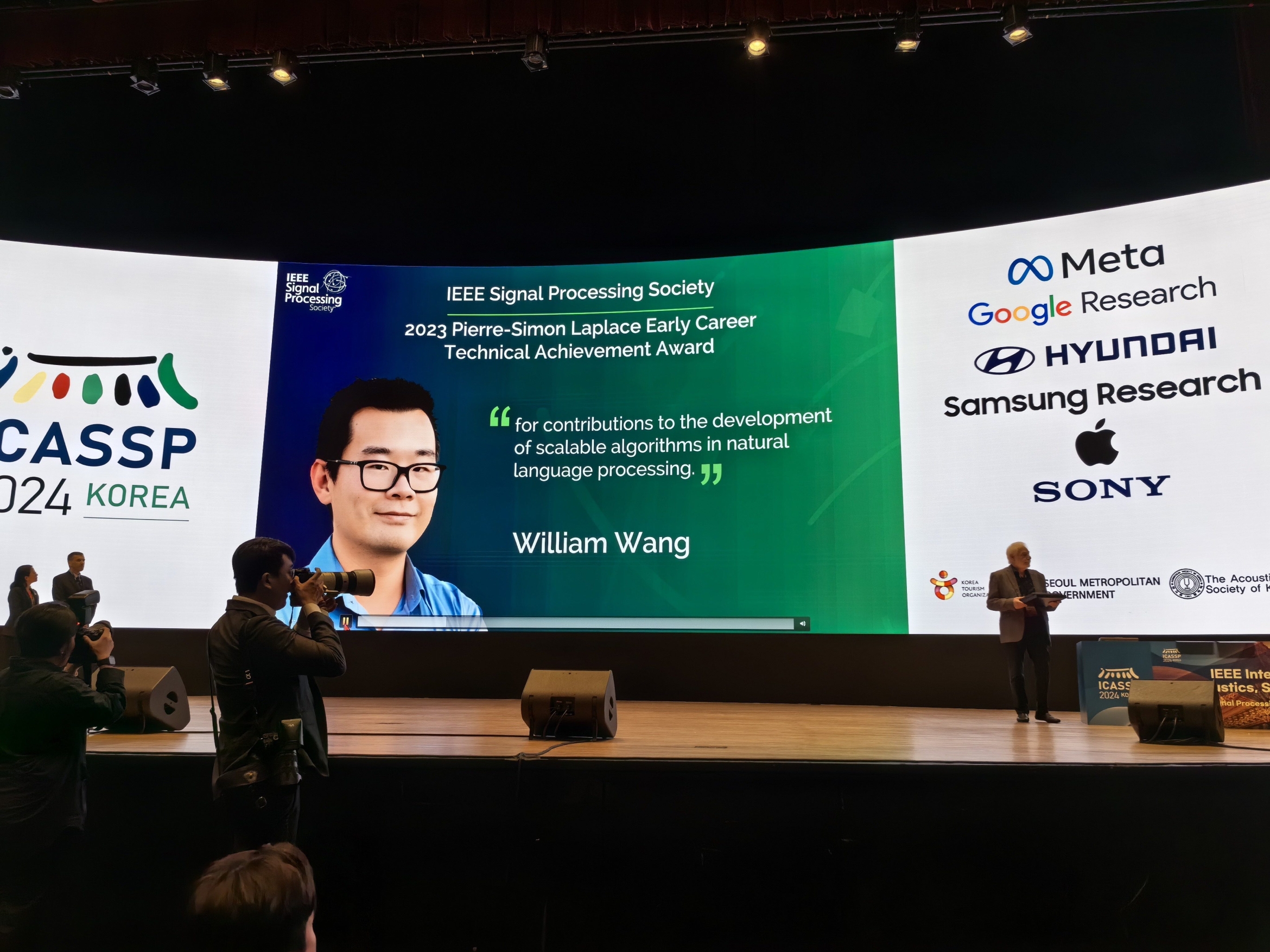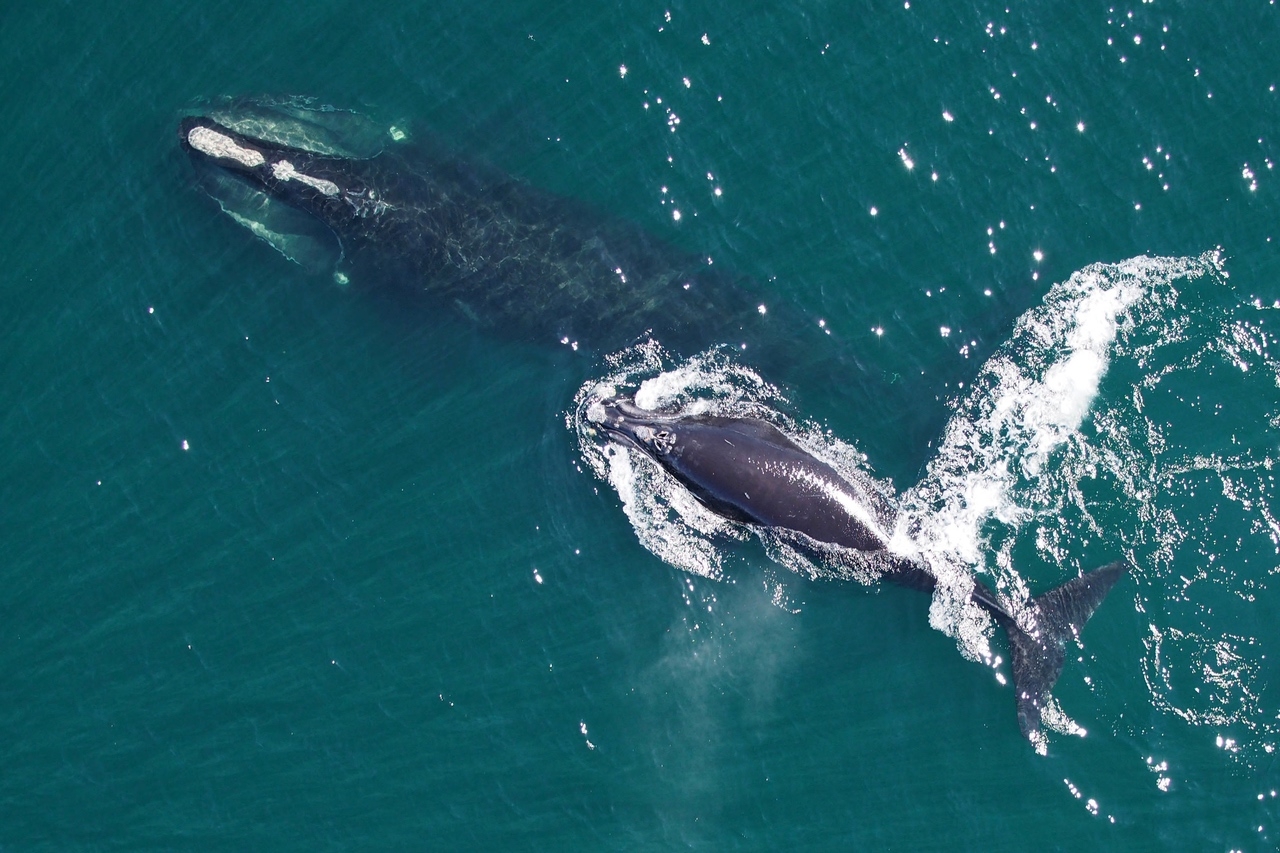
Michael T. Bowers, professor of chemistry and biochemistry at UC Santa Barbara and an innovator in mapping the three-dimensional shape of biological molecules, has received the Humboldt Research Prize in recognition of his lifetime achievements in science.
"On behalf of UC Santa Barbara, I am honored to congratulate Professor Bowers on receiving the prestigious Humboldt Research Award in recognition of his career achievements in physical chemistry, and biochemistry and materials," said Chancellor Henry T. Yang. "Professor Bowers is widely acclaimed as a pioneer in macromolecular systems and biopolymer analysis. The Humboldt Research Award is a wonderful international recognition for Michael and for our campus."
The award was given by the Alexander Von Humboldt Foundation in Germany. In addition to recognizing his research, the foundation has invited Bowers to carry out a research project of his choice in cooperation with colleagues in Germany.
"Mike Bowers is a scientist of world renown, widely published and highly sought after as a speaker at major international meetings. His career is long and distinguished not only by the quality and variety of his science, but also by his deep and continuing service to our discipline, " said the two scientists from the Fritz Haber Institute in Berlin in their letter nominating Bowers for the Fellowship. They are Gerhard Meijer, director of the Department of Molecular Physics, and Gert von Helden, Spectroscopy Group leader in the Department of Molecular Physics. Bowers will work with these two leading chemists on his German research project.
For the past 20 years, Bowers has served as editor of the International Journal of Mass Spectroscopy and associate editor of the Journal of the American Chemical Society. He also co-founded two international Gordon Research conferences, and is a member of the committee that founded a biennial European-based conference eight years ago, called Biological Molecules in a Solvent-Free Environment.
His career has been punctuated by many "firsts" that have had a lasting influence on his field. For example, he was the first to develop methods to accurately measure the intrinsic gas phase basicity and acidity of organic molecules, independent of the environment.
This revolutionized the way that organic chemists view these important properties.
In Germany, Bowers will focus on one of the most important and challenging topics in chemistry and biochemistry –– learning how peptides and proteins fold and interact with other biomolecules. This process lies at the heart of biological function, yet resists investigation due to the dynamic nature of the interaction and aggregation process.
Bowers and the Meijer research group in Berlin will use state-of-the-art techniques, such as ion mobility-based mass spectrometry. This method, pioneered by Bowers, allows molecular shapes to be measured with great accuracy. When coupled with high-level modeling, this method shows structures that are accurate to the atomic level and can be studied by no other means.
Recently, Bowers and his research group have been studying a family of amyloid diseases including Type 2 diabetes, Alzheimer's, Parkinson's, and prion-based diseases like Mad Cow disease. In the process, he has identified the probable toxic agent in Alzheimer's disease, according to Meijer.
Bowers has received many awards, including two National American Chemical Society Awards; The Thomson Gold Medal, the highest award of the International Mass Spectrometry Society; The Distinguished Contribution Award, the highest award of the American Society of Mass Spectrometry; and Faculty Research Lecturer at UCSB, the university's highest award for academic achievement. He is a Guggenheim Fellow, a Fellow of the American Physical Society, and a Fellow of the American Society for the Advancement of Science. He has been the subject of two special academic journal issues: the International Journal of Mass Spectrometry and the Journal of the American Society of Mass Spectrometry.
During his career, Bowers has published more than 350 papers in peer-reviewed journals, with more than 80 of these in the prestigious Journal of the American Chemical Society. These papers have virtually spanned the chemical sciences. He continues at an active pace, with 57 papers published in the past five years.
The Alexander von Humboldt Foundation grants up to 100 Humboldt Research Awards annually to scientists and scholars whose fundamental discoveries, new theories, or insights have had a significant impact on their discipline, and who are expected to continue producing cutting-edge achievements in the future. Winners receive 60,000 Euros (approximately $93,000).
Related Links



